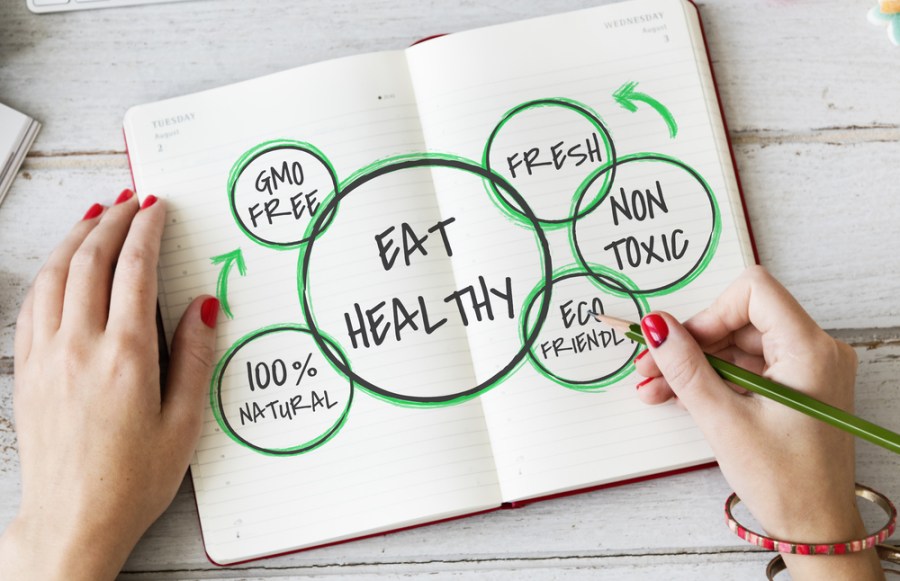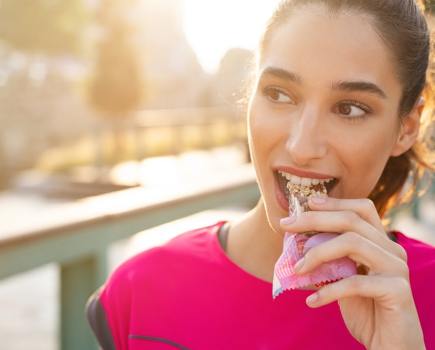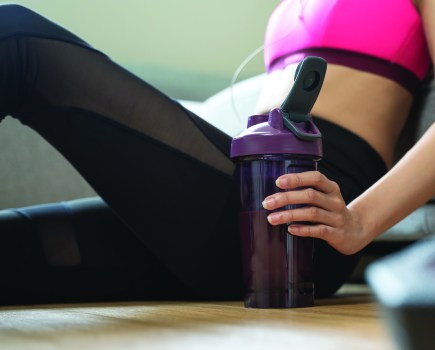Want to lose weight and feel more energised? Start making some key changes to your diet, which will help you achieve your weight loss goals. Here’s how to follow a cleaner diet.
Drink more water
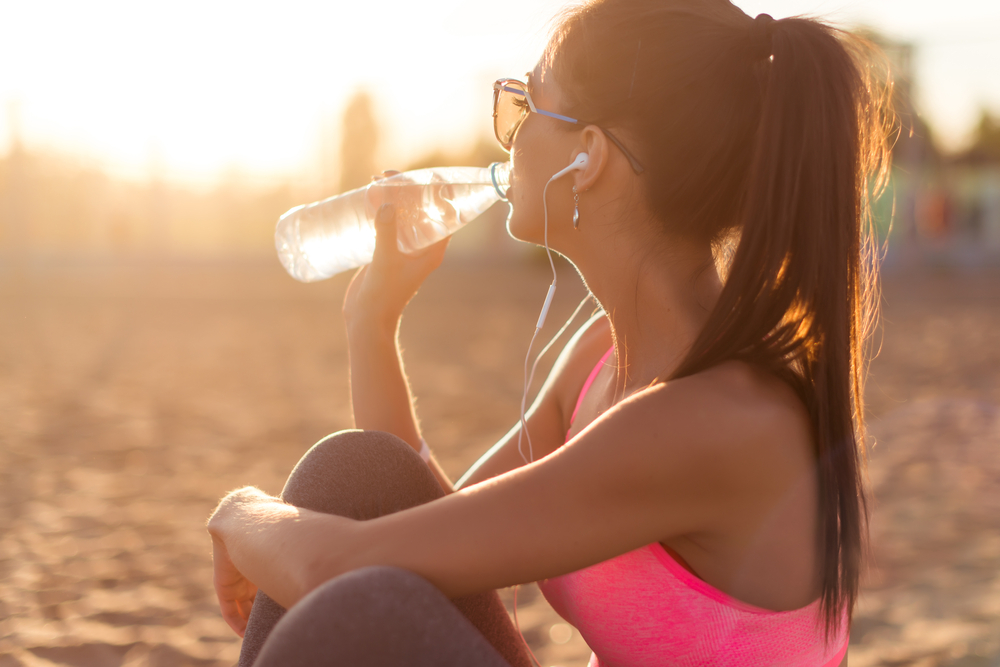
It’s such an easy thing to do but so many of us don’t do it. Even just being mildly dehydrated can affect your energy levels and performance during exercise. Water regulates metabolism and temperature, and is essential for our daily living, yet many of us don’t drink enough. Not only is it good for your health but it may prevent overeating. Dehydration can reduce your speed and result in fatigue. Drinking water can also stop you craving foods between meals. Dehydration is often mistaken for hunger, so sip a glass of water or have a herbal tea. Aim for at least eight glasses daily. Active people will need to drink more water.
Cut back on booze
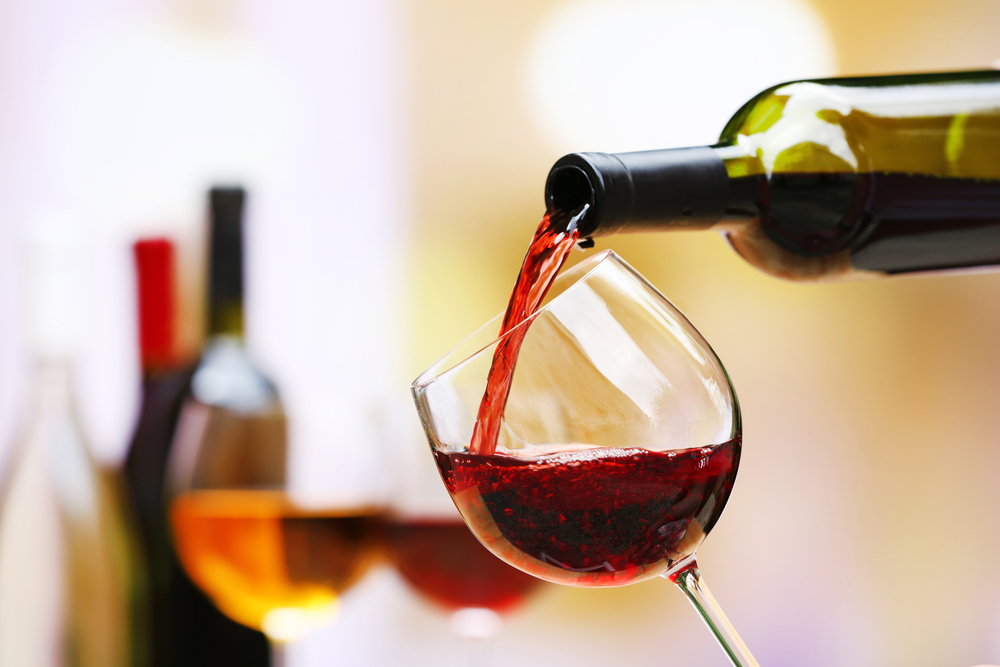
Alcohol is full of sugar and calories and can place extra burden on your liver making you feel tired and sluggish. Cut back for at least the first month of the exercise programme and your energy levels will soar. Alcohol can also affect your health, increasing cancer risk and dementia risk and can also reduce levels of certain nutrients in the body such as B vitamins, which are essential for energy. It can disrupt blood sugar levels and interfere with sleep, making exercise more of a challenge. It’s also high in calories. It will take you an extra 15 minutes to burn off a glass of wine – have you got time to do that? If not, give it a miss.
Don’t cut out all carbs
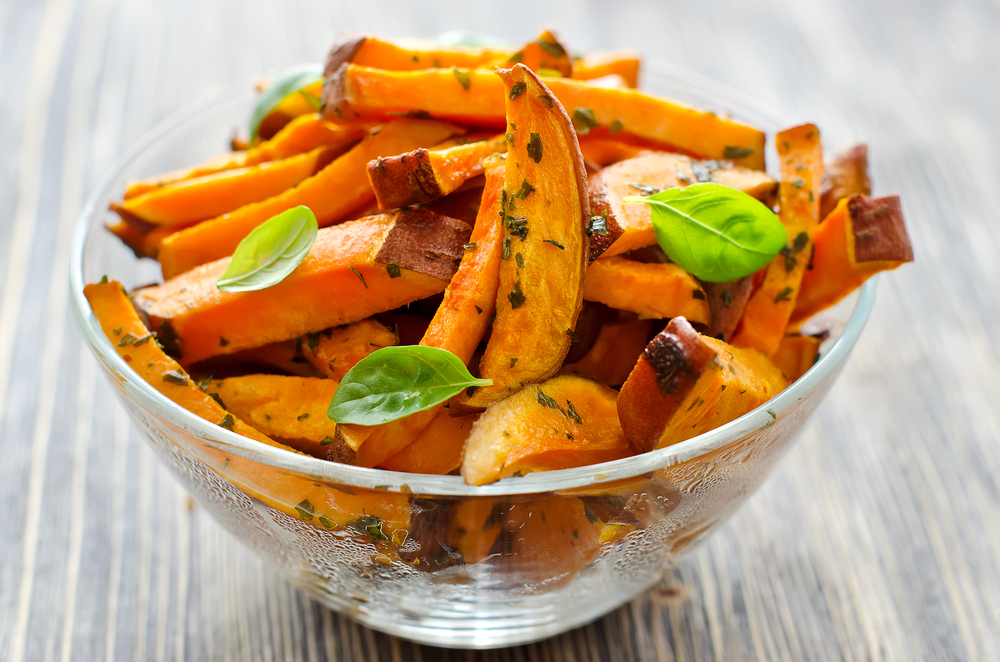
Drastically cutting carbs is likely to leave you feeling tired and unable to perform at your best. Too much in your diet and your body will dump the excess as fat making it harder to shift that weight. If you’re looking to lose some weight reduce your intake to 1-2 portions a day only and focus on including these before and after training. For the rest of the day base your meals around half a plate of vegetables plus a little starchy veg like butternut squash, sweet potato and plenty of protein.
Ditch fizzy drinks
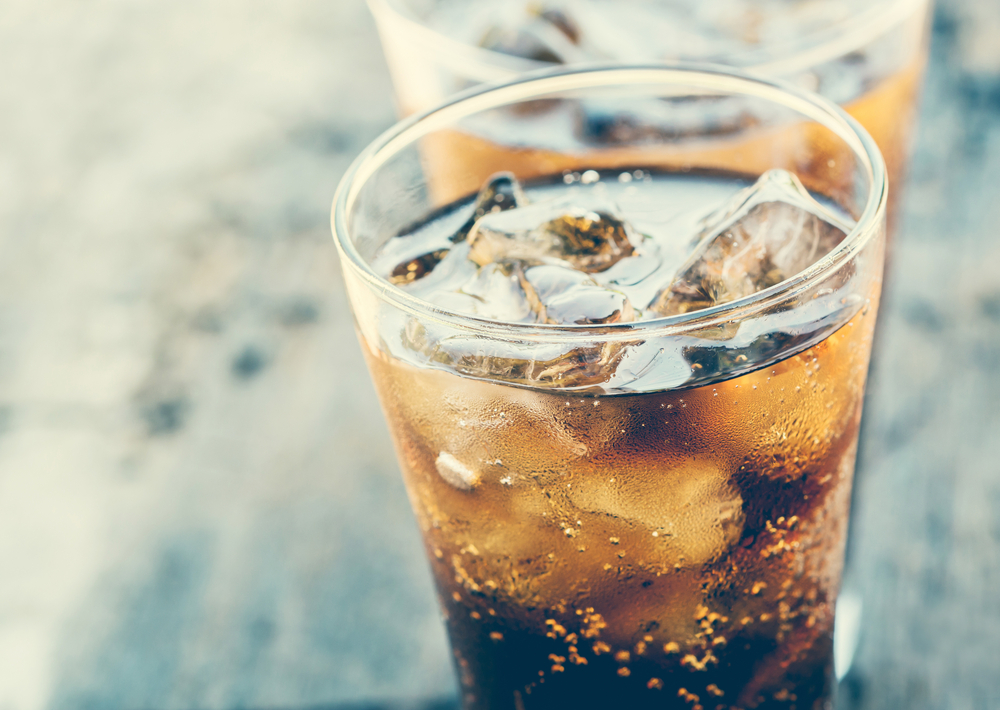
High in sugar and sweeteners, these disrupt blood sugar levels, increase cravings for sugary foods and add excess calories without any nutritional value. ‘Fizzy drinks also contain phosphoric acid, which can be damaging for bone health,’ says nutritionist Christine Bailey. ‘Sports drinks may have their place on long runs but for shorter runs under one hour all you need is water.’
Switch to lean protein
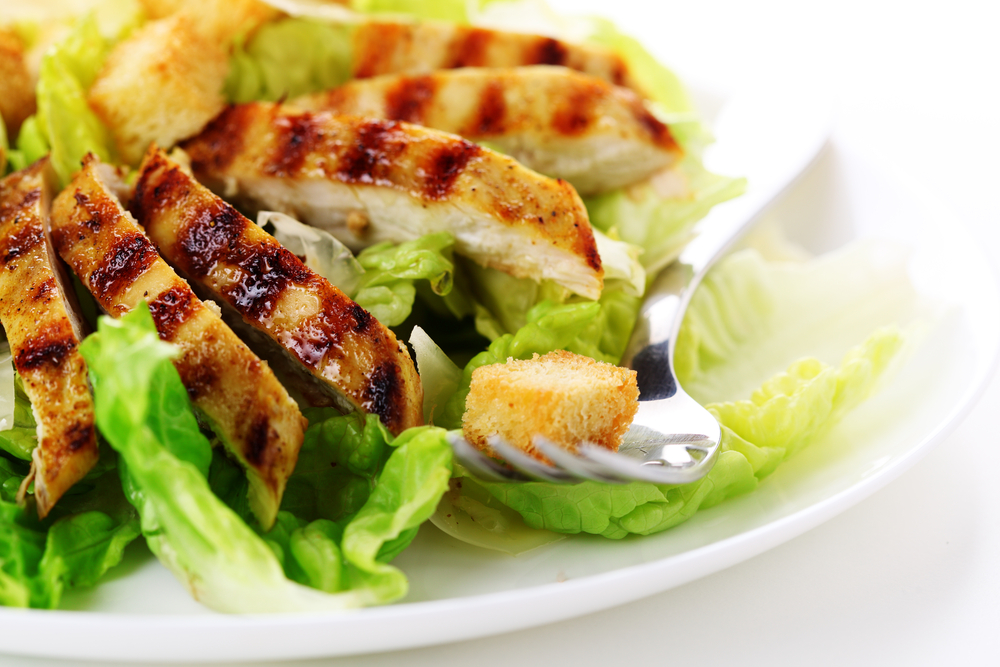
Red meat is an excellent source of protein but certain cuts are very fatty and high in calories. Too much saturated fat can promote inflammation – not great for runners especially if prone to injuries. Cut back on pies, pastries, biscuits and chocolate and increase intake lean meat and fish.
Avoid the white refined foods
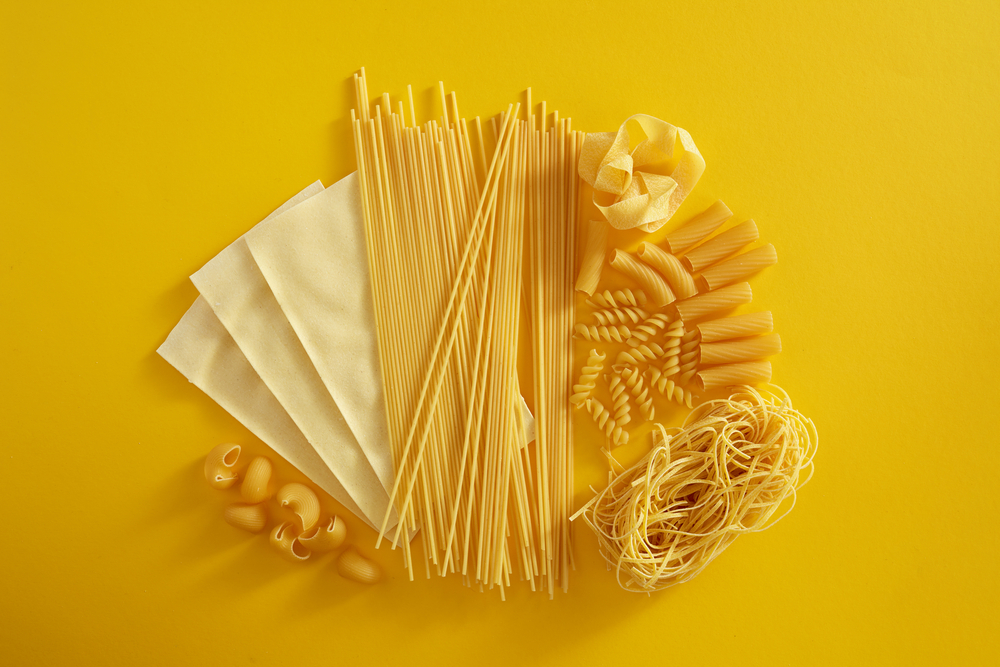
White refined foods like bread, rice, pasta, cakes and biscuits are low in nutrients and packed with sugar. Eat more wholegrains such as wholegrain rice, oats and quinoa. These can help stabilise your blood sugar through the day, fuel your exercise sessions and avoid energy dips that often lead to cravings and overeating.
Don’t ban healthy foods
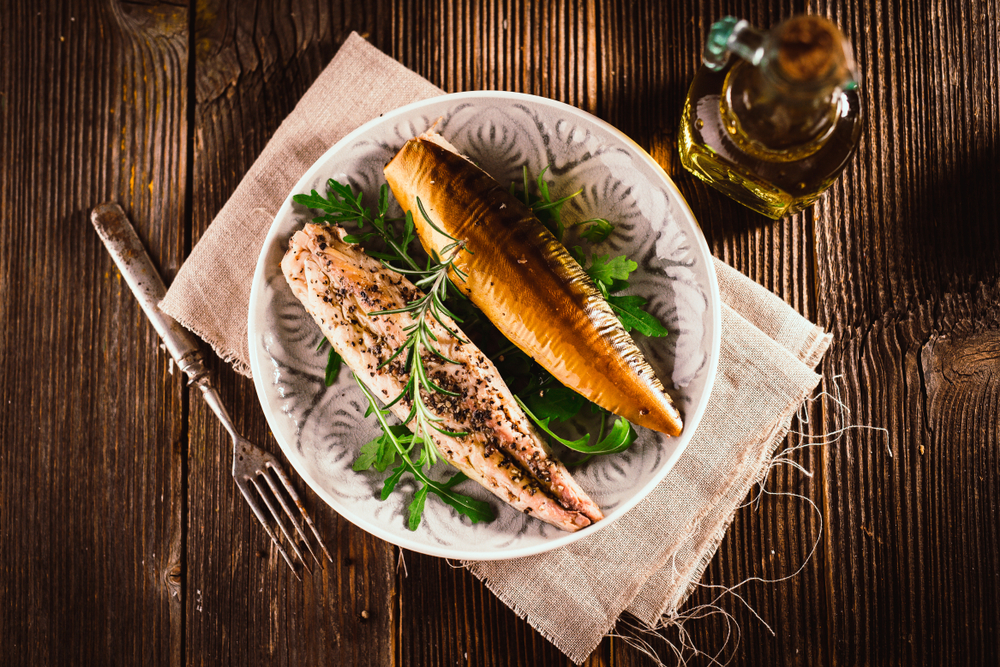
Fat is a dirty word in the dieting sector. Yet the right kind of fats have benefits for your health and won’t make you fat, provided you don’t overeat. Increase your intake of omega 3 fats, which are natural anti-inflammatory foods that can protect your joints and are also good for brain function. Good sources include trout, herring, salmon, sea bass, mackerel and kippers. Try to eat two or three portions a week. If you are a vegetarian, have two tablespoon of flaxseed, chia seeds or hemp daily.
Avoid low fat foods
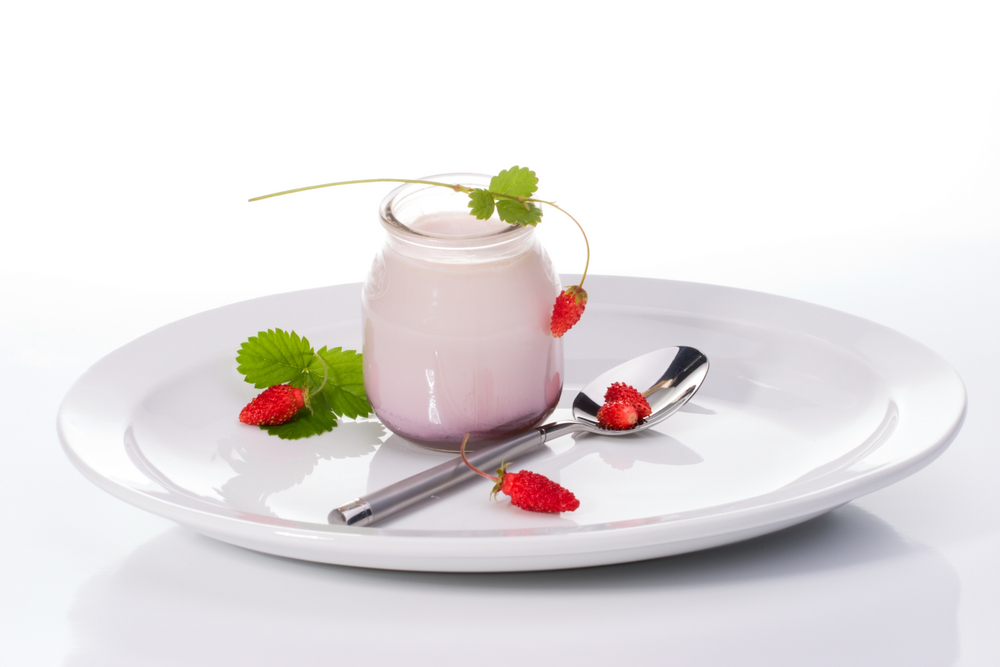
Fat gives food taste, so low-fat foods are likely to have higher sugar levels in them to create the taste that fat would normally provide. ‘If you look at the full-fat versions of yogurt – say the Greek Yogurt versus the low-fat one, they sometimes have up to double the amount of sugar in the low-fat versions,’ says personal trainer Anne-Marie Lategan. ‘Sweeteners in foods means we are feeding our bodies chemicals that it can’t process; healthy fats don’t make you fat. It’s sugar that makes you fat.’
Include Whey
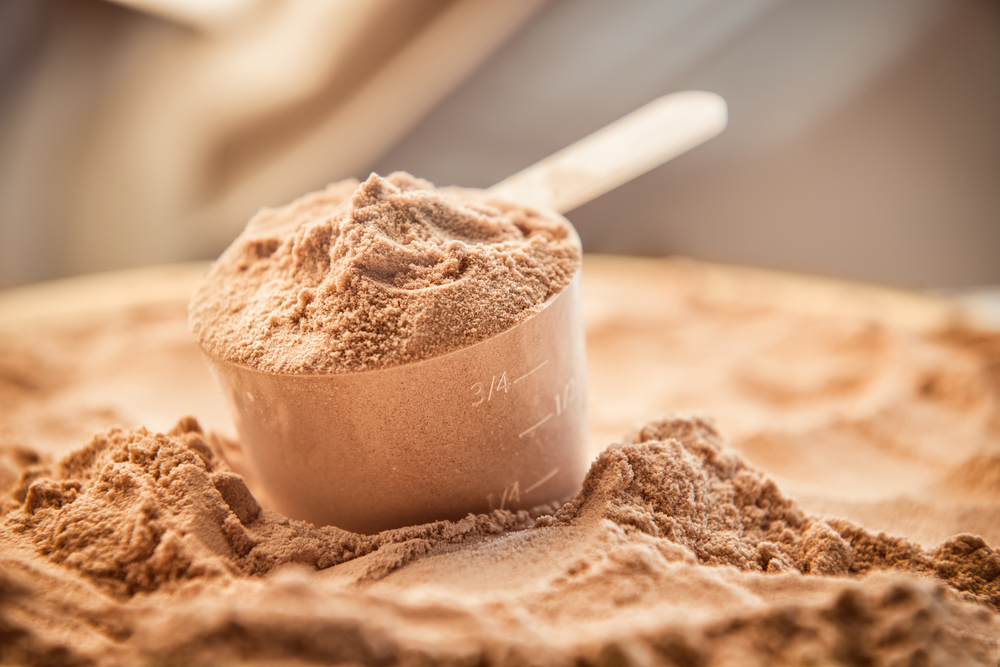
Protein is often a key nutrient lacking in runners diets yet is vital for performance and achieving a healthy body weight. Whey protein in particular is easy to digest and has appetite suppressing and blood sugar balancing properties. This helps maintain a healthy weight and avoid cravings during the day. It will also preserve valuable lean muscle mass meaning improved power for runs as well as boosting metabolism and fat loss.

